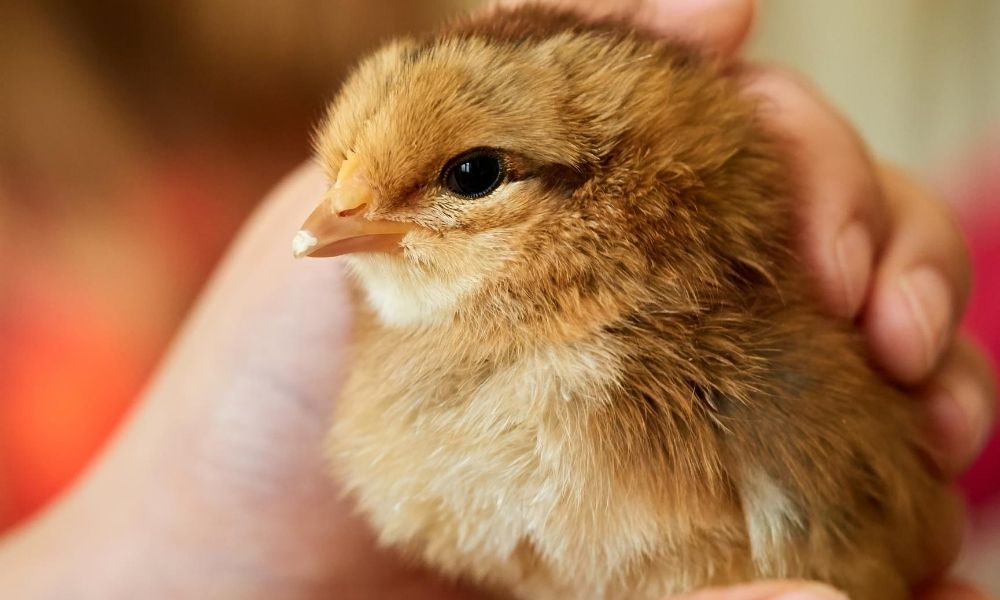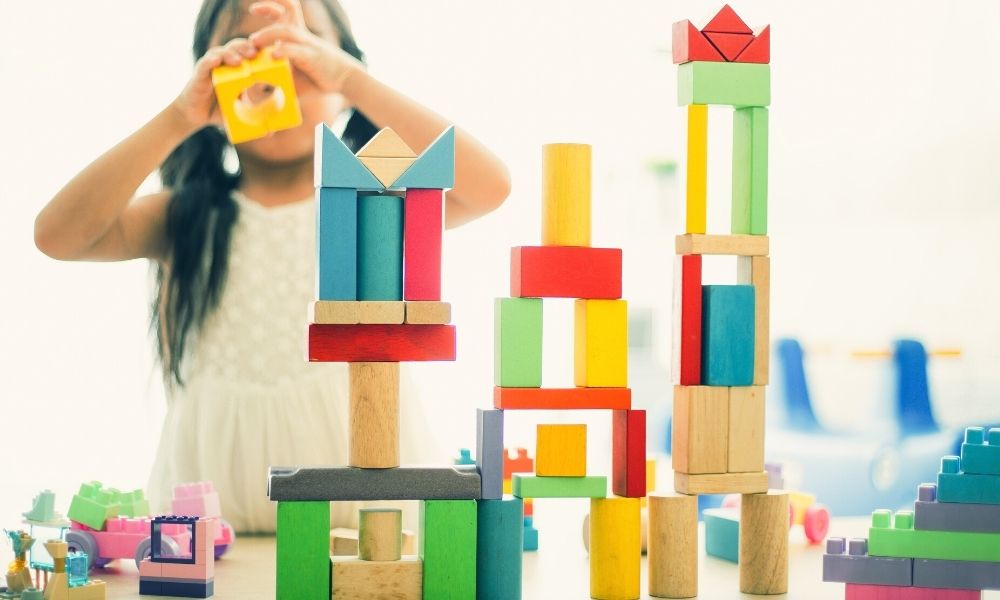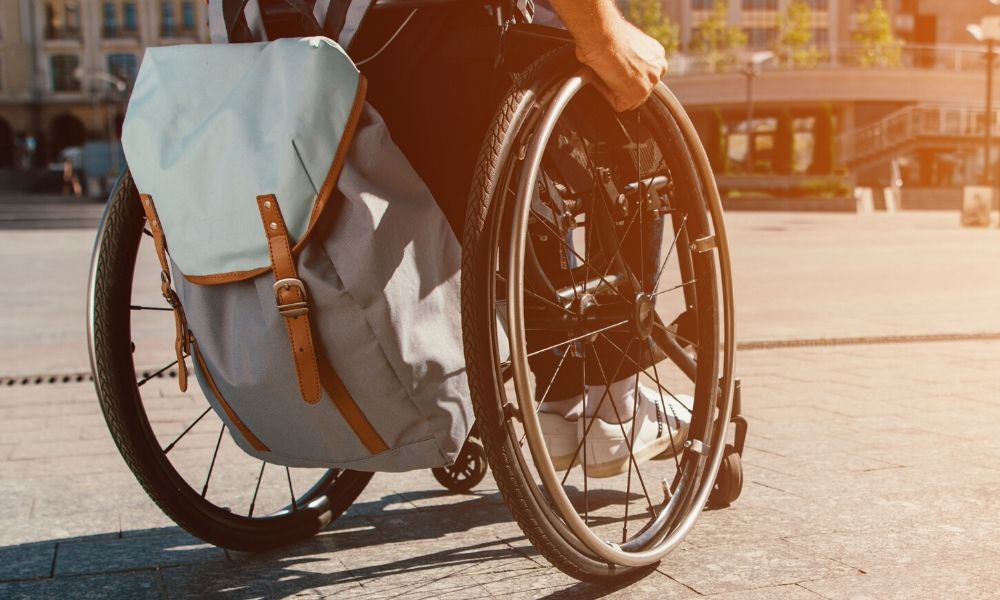Growing up with a four-legged friend is a common dream for many kids. Having a pet can be a great way to teach kids about responsibility and compassion from a very early age. With the right training, some pets can even help children with anxiety, depression, or even mobility-related disabilities. However, a furry friend isn’t always a possibility for all families. If you or your children suffer from severe allergies, a cat or dog likely won’t be in the cards for you. Luckily, there are plenty of other breeds and…
Read MoreAuthor: Emily Joswiak
A Brief Guide to Age-Appropriate Chores for Kids
Cleaning is important. During a pandemic, it seems even more essential to stick to a cleaning routine every day. But as a parent, it can get stressful to deal with so much cleaning on top of all the different tasks and raising a child! Here’s a big tip—your kids can help you keep things clean. Sure, they might put up a fuss when you first start asking them to help out, but as it becomes a routine for them, it’ll get easier to get them involved. Below you’ll find a…
Read MoreImportant Developmental Milestones for Babies
Many parents of children found to be on the autism spectrum will tell you that they instinctively knew something was different about their child long before any confirming diagnosis. They will also tell you, “If you’ve met one child with autism, you’ve met one child with autism.” All kids are unique, and rigid adherence to charts and measurements about progress as they grow ignores that individuality. Lists of when babies should be able to do what should be taken as broad guidelines. Yet with some developmental differences, especially autism, early…
Read MoreHow to Improve Your Child’s Hand-Eye Coordination
Hand-eye coordination is the act of motor control and sight coordinated together. Both the eyes and hands receive brain messages coordinating their movements. While this is a natural phenomenon for people, some have better hand-eye coordination than others. Moreover, children with special needs may have less developed hand-eye coordination than their counterparts, especially if they have physical disabilities or an attention deficit condition. Either way, this guide on how to improve your child’s hand-eye-coordination can help. Play Catch There’s a reason parents play catch with their children at an early…
Read MoreHow to Promote Play Skills for Kids With Autism
Every parent wants their child to have friends they enjoy spending time with. Kids’ relationships often form based on shared play, complicating things for those with autism who lean towards solo play. As kids get older, they progress through the four stages of play socialization: solo, parallel, associative, and cooperative. While neurotypical children hit each milestone around the same age, your kiddo with autism may need some extra support to make progress. If you’re a parent wondering how to promote play skills for kids with autism, read this helpful guide…
Read MoreHow to Babysit Children with ADHD
Babysitting can be hard, especially when children have behavioral disorders. For instance, children with ADHD can get easily distracted and quickly jump from one activity to another. This can cause the child to forget your rules, which can be frustrating for both of you. Here are some tips on how to babysit children with ADHD. Tip 1: Ask the parents any questions you have. If you are nervous about caring for a child with ADHD, that is normal. Unless you know someone else with ADHD and have spent a lot…
Read More4 Road Trip Tips for Parents of Children with Special Needs
Parents of children with special needs, particularly autism, know their child’s happy place is at home. Home is dependable and full of their usual food and activities, and it forms a barrier from the unpredictable outside world. It’s good that they’re comfortable somewhere, but they can rely on home too much and dread going out—and the prospect of not just going out, but spending days away from home can be terrifying for them. This makes road trips a challenge for parents and their kids with special needs. If you’re planning…
Read MoreTips for Grocery Shopping During the Coronavirus Pandemic
As a result of the Coronavirus pandemic, even the most mundane household chores have been turned upside down. Grocery shopping, which was once a rather leisurely weekly activity, has now become an infrequent outing that must be planned with extreme amounts of tact. Grocery stores are among the few businesses that have remained open during the pandemic, though their operations have changed greatly as a result. Safety precautions must be closely monitored during bi-weekly grocery runs to reduce the risk of contamination among shoppers. This guide explores several personal safety…
Read MoreA Safe Place: 4 Ways to Make Society More Inclusive
With the world we live in, you might often wonder how we can make society more inclusive to people with any sort of disability. Whether it’s making the classroom a safer place for kids with Asperger’s syndrome or making communities more inclusive for people in wheelchairs, there are always ways our society can improve for the good of all people. While the list can go on and on for how best to transform our society into an “inclusivity first” mindset, below you’ll find just a few ways to make society…
Read MoreWays Pets Can Help Children With Special Needs
Welcoming a four-legged friend into your family can be a great decision for many people. All children can benefit from a furry companion, but the positive effect of pets on children with special needs is something truly remarkable. Caring for a pet is especially beneficial for children on the autism spectrum, as pets can provide a calming presence to help the child navigate their daily life. The relationship formed between a child with special needs and their pet will vary from situation to situation, but in most cases it will…
Read More








